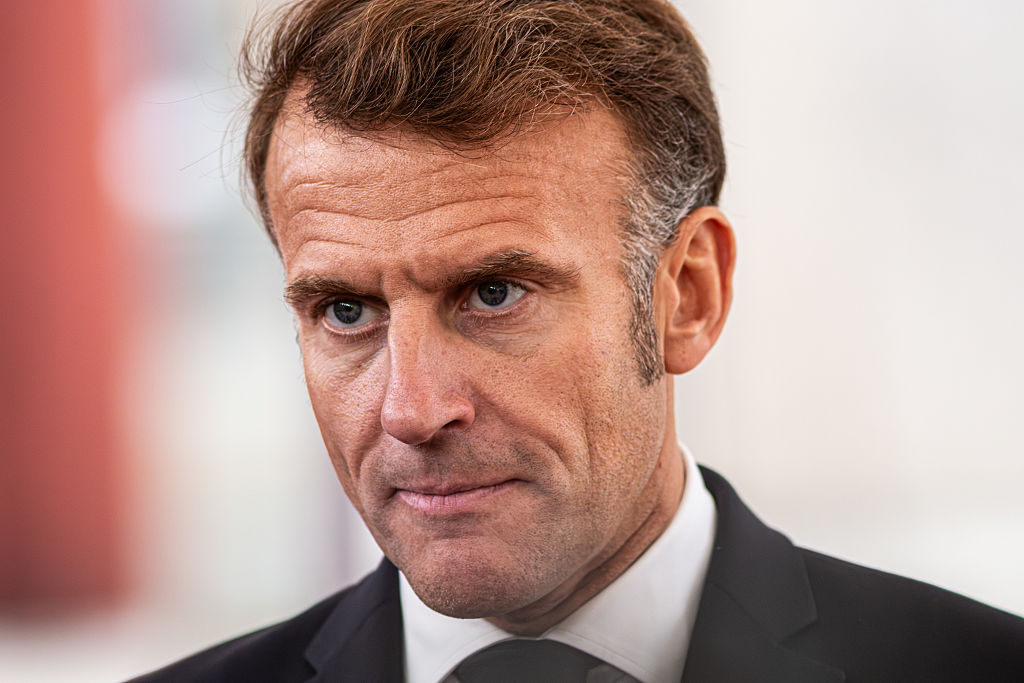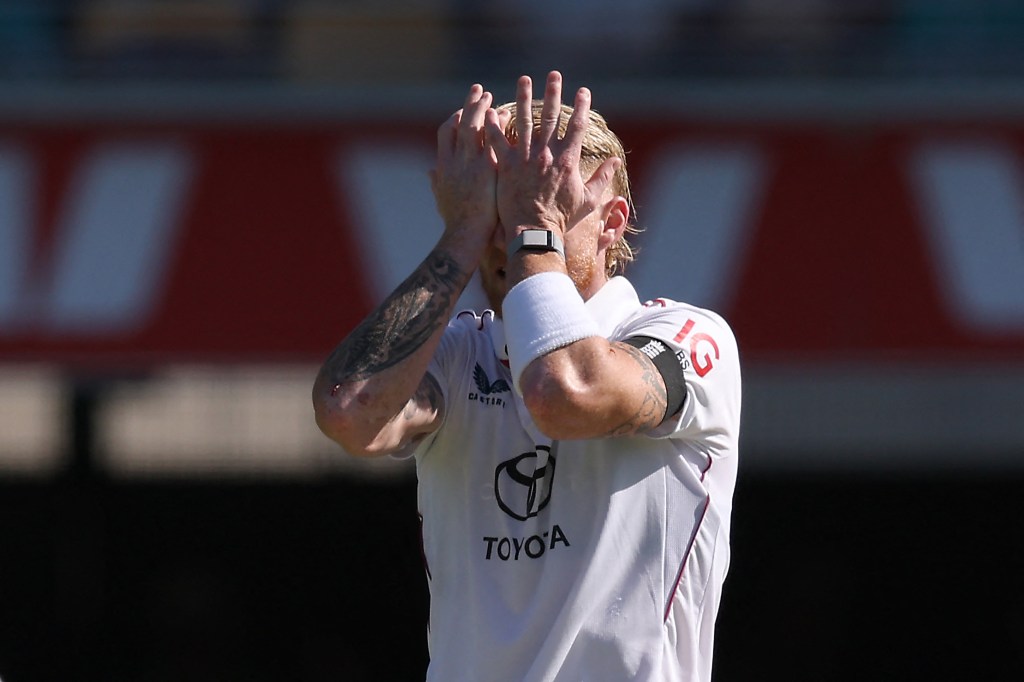Emmanuel Macron has reappointed Sébastien Lecornu as prime minister, a loyalist whose government collapsed in mere weeks, and whose resignation Macron accepted just days ago. The announcement by the Elysée was made at 10pm on Friday night following two days of tense talks with party leaders. This is a last-ditch attempt by Macron to retain control, to shield his presidency from the advance of Marine Le Pen’s National Rally and to preserve his increasingly fragile authority. His move shows just how precarious his position has become. It’s a retreat into the familiar, prioritising his own personal survival over the country’s desire for change.
What France needed was a reset, not this political circus
The long delay before the announcement underscored Macron’s difficulty in forming a government that can survive. Lecornu’s return, confirmed hours after expectations of a decision earlier in the evening, reflects a presidency boxed in by arithmetic and mistrust. With no party offering even a minimal guarantee against censure, Lecornu’s second government takes office under immediate threat of collapse.
Since Macron’s snap dissolution of parliament in June 2024, France has endured relentless instability, with five prime ministers appointed in just fifteen months. Gabriel Attal was replaced in July 2024 after electoral losses, Michel Barnier resigned in December over a budget dispute, François Bayrou fell in September to a no-confidence vote on austerity, and Lecornu lasted only 27 days, resigning on Monday just hours after his cabinet announcement sparked backlash. In a parliament split among a rising National Rally, a divided left and Macron’s weakened centrists, Lecornu’s reappointment reflects a president retreating to trusted but failing allies.
What France needed was a reset, not this political circus. Dissolving parliament and calling a legislative election would force clarity. It would likely result in a government with a real mandate. Macron has chosen not to go that route because he knows that legislative elections would almost certainly bring Marine Le Pen’s party to power. Jordan Bardella would become prime minister. Macron would have remained in the Élysée but would have lost control domestically. That was unthinkable for him.
The latest OpinionWay–Le Figaro poll shows that 82 per cent of French voters no longer trust Macron, the lowest figure for any president of the Fifth Republic. Another, by Ifop–Fiducial, puts Marine Le Pen’s National Rally at 35 per cent, more than double Macron’s own block. France has shifted decisively to the right. Yet instead of acknowledging that reality, Macron’s doubled down on control.
Lecornu’s reappointment, the return of a close ally and friend of both Macron and his wife, is a containment strategy. Macron’s betting that he can manage a divided parliament, keep his opponents from uniting, and push through a budget before the next storm hits. He’s playing for time.
Macron could have taken the opportunity to mark a break, to name a new figure and start afresh. Instead, he’s turned back to the very man whose government imploded. It’s an admission that the president has run out of options and out of allies. Lecornu’s return exposes Macron’s weakness, his inability to move on from a shrinking circle of loyalists.
Macron’s inner circle has contracted to the point where the only solution is to resurrect a government that has already fallen. Lecornu’s return does not represent continuity, it represents paralysis.
As Macron met party leaders on Friday afternoon at the Élysée, the gathering highlighted France’s political impasse. Excluding the National Rally and France Insoumise, Macron courted only ‘constructive’ parties, united solely by their fear of new elections. Marine Le Pen condemned it as a ‘distressing spectacle’, declaring, ‘Fearing the judgment of voters is to deny democracy. The election is the pillar of our Republic, not a threat to be circumvented’. After the Élysée meeting, even the Socialists made clear that Macron had secured nothing. Party leader Olivier Faure said there was ‘no guarantee of non-censure’, while his colleague Boris Vallaud lamented that they had ‘no answers on any subject, not even on pension reform’. It’s a stark sign that Macron’s new government begins life on borrowed time.
The new government begins with the same maths as the last: 577 members of parliament, 289 needed to survive a motion of no confidence. Even if Macron’s centrists and a handful of Socialists abstain, the majority is brittle. The right is implacable; the left divided. The government may just survive the coming week, but it is unlikely to survive the coming months.
The first test will come immediately. On Monday, the new government will present the 2026 budget to the Council of Ministers. France has a €60 billion deficit and Brussels is demanding €44 billion in spending cuts. Passing the budget through parliament without invoking Article 49.3 looks impossible. Yet using it will again trigger a motion of no confidence, reviving the cycle that has already toppled two prime ministers in less than six months.
Macron’s only solution to this would be in the form of a major policy reversal. The defining moment of his presidency was the 2023 pension reform which raised the retirement age from 62 to 64 and was pushed through parliament without a vote using Article 49.3. He called it essential to save France’s social model, insisting that the country ‘could not afford’ to retreat. Now he’s quietly preparing to do exactly that. Reports in Le Figaro and Les Échos suggest that Macron isn’t opposed to strike a deal with the Socialists. In exchange for their support, or at least their abstention, the pension reform will be suspended or watered down. It’s the political price of keeping this new government afloat.
The irony could hardly be starker. Macron spent two years telling the French that raising the retirement age was an act of responsibility, the only way to prevent the collapse of the pension system. He faced down strikes, protests and months of political turmoil to force it through. Now, faced with the prospect of losing power, he’s ready to abandon it for short-term political peace. Even his own prime minister Sébastien Lecornu has conceded that reversing or suspending the reform would cost ‘several billion euros as early as 2026’. In essence, Macron may be willing to sacrifice France’s long-term solvency to buy himself time.
There have been calls meanwhile for Macron to resign. He’s made clear, however, that he will not. The president remains protected by the Constitution. Whatever happens to Lecornu in coming weeks, Macron himself will continue to cling to power. Governments can fall, presidents less easily. If Lecornu’s government collapses a second time, Macron can appoint another, and another after that. France’s political system will continue to turn in circles while he sits at its centre.
Back in March 2019, Macron declared: ‘The reality is that the President of the Republic should not be able to remain in office if he has been truly disavowed in terms of a parliamentary majority’. Six years later, faced with precisely that situation, Macron has discovered new flexibility in his own principles. Then, he said that democratic legitimacy required a president to step aside if rejected by parliament. Now, he insists the opposite, insisting that France’s stability depends on him staying put.
Pressed on calls for Macron to resign, or at least to call early presidential elections, Lecornu offered the most revealing defence of all: ‘As Minister of the Armed Forces, I can assure you this is not the time to change president’. The suggestion that keeping Emmanuel Macron in office has itself become a matter of national security was an extraordinary statement. France’s standing in the world has rarely looked weaker. Macron’s constant flip-flopping and self-promotion have eroded France’s credibility. In Ukraine, his early talk of ‘strategic ambiguity’ alienated allies without deterring Moscow. In the Middle East, France has been sidelined entirely. When Donald Trump announced the Gaza peace deal this week, he thanked a long list of countries for their role, but not France.
The truth is that Macron is not indispensable at all on the international stage. He’s increasingly irrelevant. His grand pretensions to global leadership ring hollow. His attempts to remain centre stage and his flip-flopping have replaced France’s traditional diplomacy. By invoking national security as a reason the president needs to stay in office, Lecornu unintentionally revealed the emptiness at the core of Macronism, a presidency that confuses presence with power.
Lecornu’s reappointment, propped up by reported concessions such as suspending the pension reform and potentially raising taxes still further, buys Macron only fleeting respite. The maths of a fractured parliament, the anger resulting from this spectacle and the toxic atmosphere of distrust all point to another collapse.
When Lecornu’s government falls again, because surely it will, Macron will face mounting pressure from parliament, the press and the streets to take responsibility and call new elections. He’s resisted that so far, clinging to the protection of the Constitution. But if another government collapses, even Macron may not be able to avoid the reckoning he’s been so desperate to postpone.
Macron once promised change and now governs only to endure. His refusal to confront France’s shifting realities has left the country adrift. A bolder path would have been to dissolve parliament and face the electorate’s verdict. But Macron has chosen self-preservation over renewal, and the French are set to pay the price for a system that no longer serves them. Lecornu will lead a government without direction, while the president clings to power. Meanwhile the economy slows, mass immigration remains unresolved, and frustration deepens. Macron’s refusal to reset France’s politics has left the country in a downward spiral.








Comments